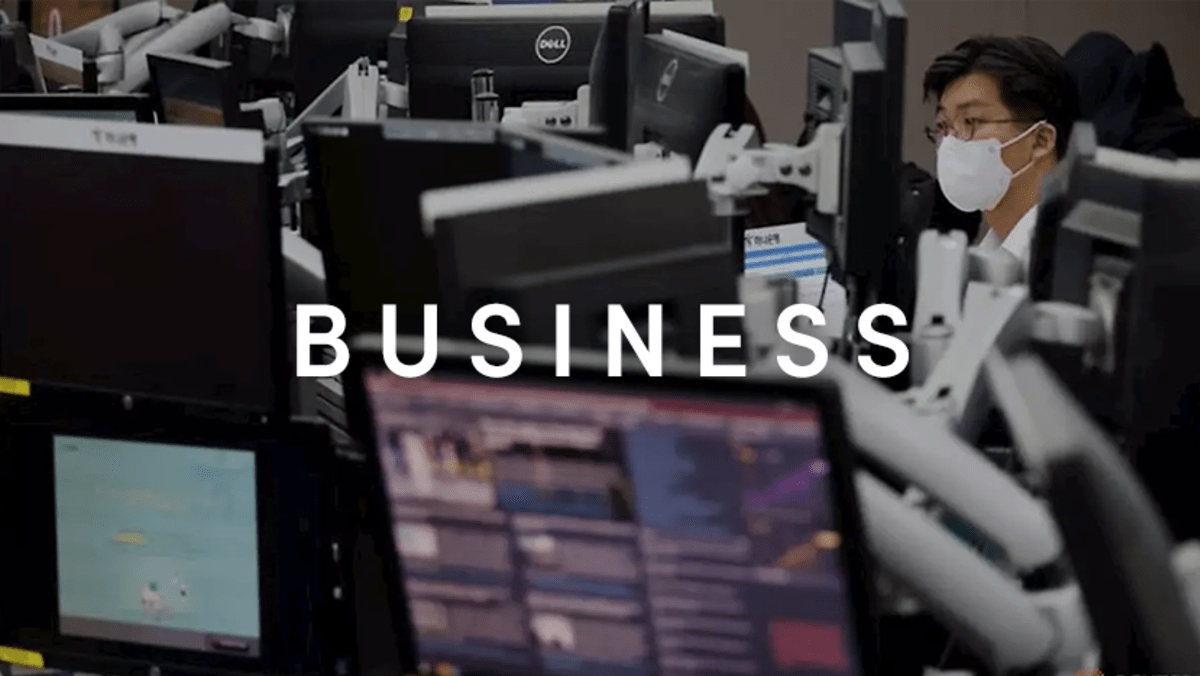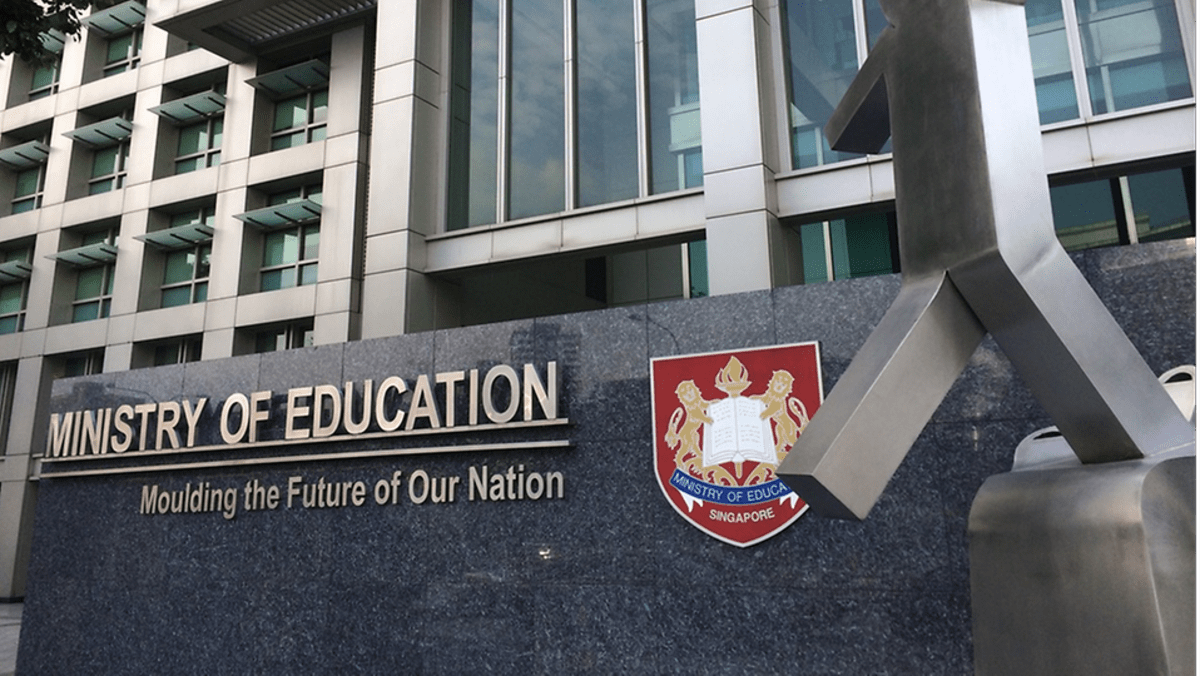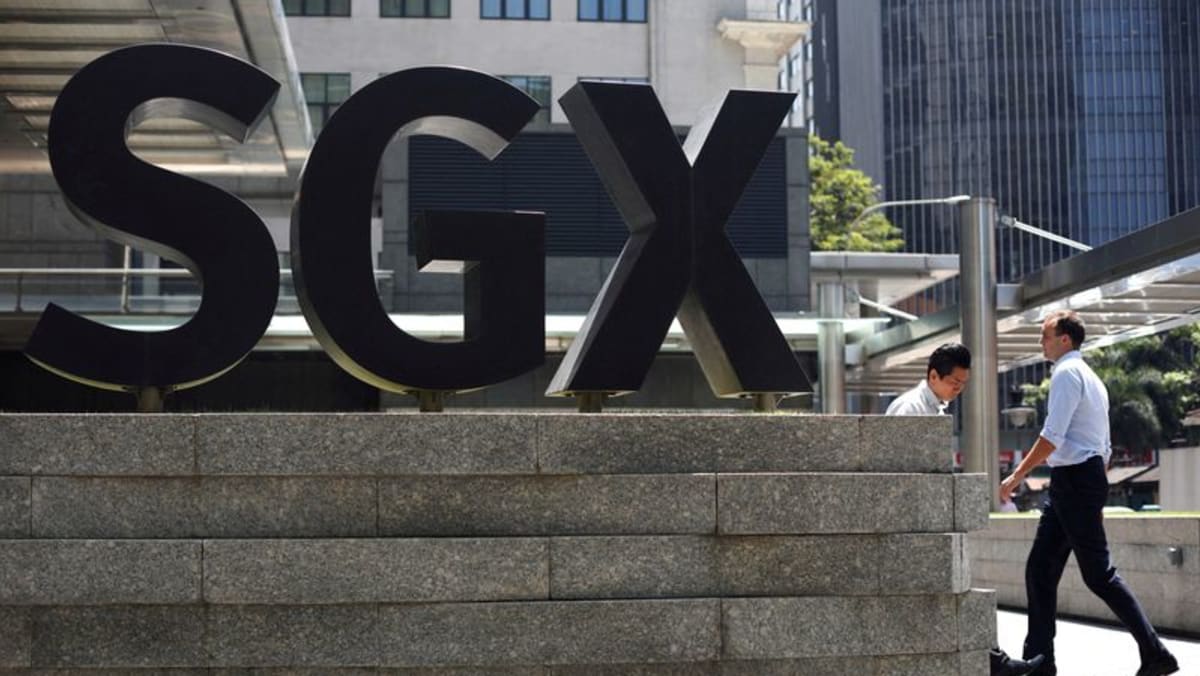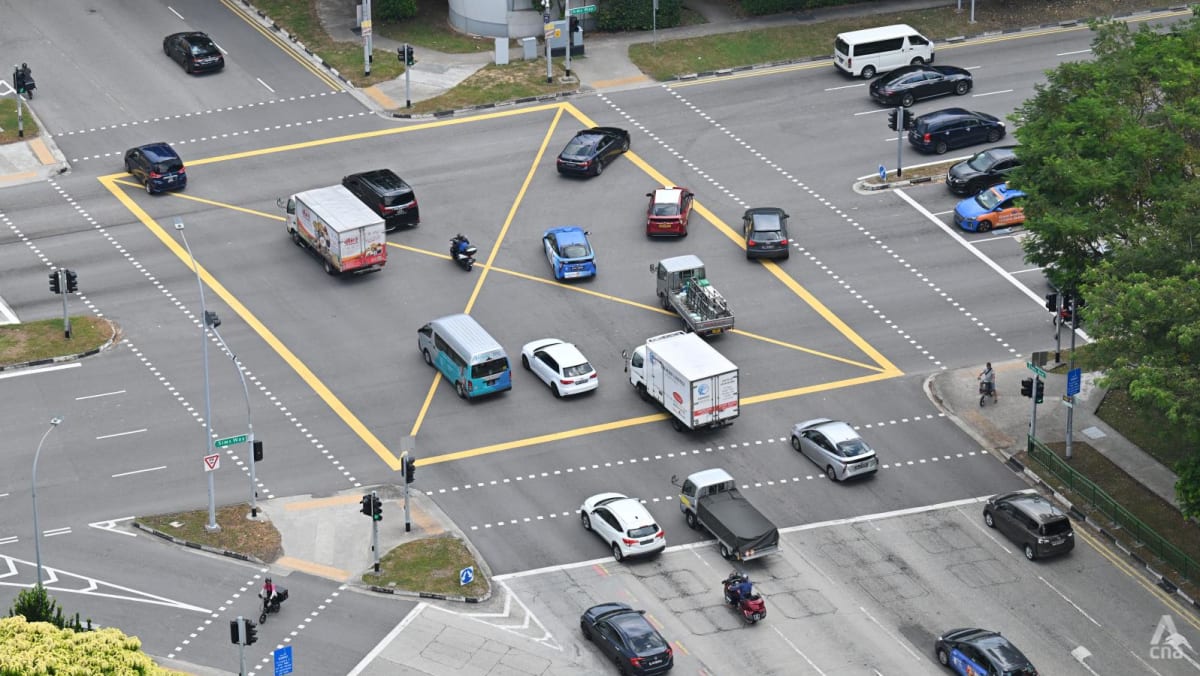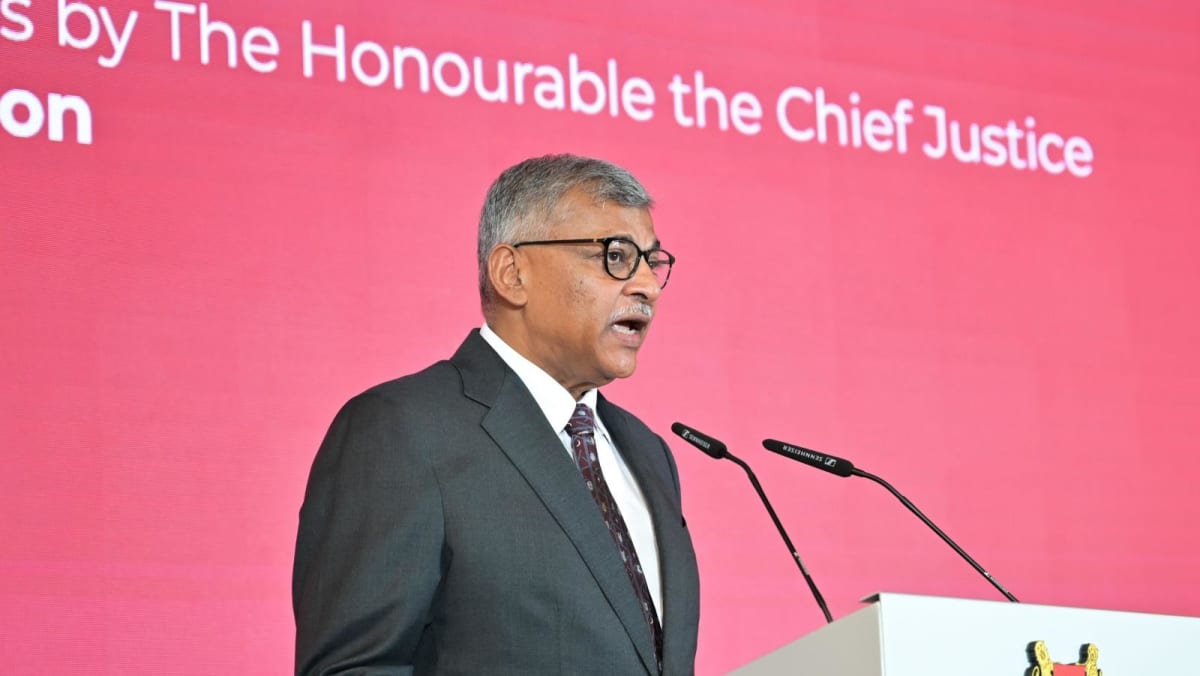SINGAPORE: Homegrown concert promoter Unusual on Tuesday (Jul 22) apologised for publishing wrong information about its directors’ remuneration in two of its annual reports following queries from an investor group.
For the financial year of 2024, the Catalist-listed firm had paid S$100,000 (US$78,198) in fees and S$1.7 million in incentives, among others, to its key management and board directors.
However, remuneration disclosures in the year’s annual report showed all its seven directors receiving less than S$250,000 each, when in fact Mr Leslie Ong and Mr Johnny Ong, the firm’s two founders, earned above S$750,000 that year.
In its latest annual report for 2025, the breakdown of compensation showed a header that said “below S$250,000” despite some of its directors receiving total remuneration that exceeded that figure.
Pointing out the discrepancies, the Securities Investors Association Singapore (SIAS), also asked why the firm had dished out S$1.7 million in directors’ incentives in the year before a major loss and whether it was impacted by the troubles surrounding its major shareholder mm2 Asia.
Unusual reported a net loss of S$22.5 million for the financial year of 2025, a reversal from profits of S$7.7 million in the previous year.
In a filing to the Singapore Exchange on Jul 22, Unusual said “the sub-headings in the tables showing the directors’ remuneration were not correct in the company’s annual reports”.
It added that it had issued corrected figures of its directors’ remuneration via a bourse filing on Jul 21, and apologised “for any confusion that may arise”.
“Moving forward, we will take steps to strengthen the review and validation process to prevent such occurrences in the future,” said the firm, which was the concert promoter for Hong Kong Heavenly King Jacky Cheung’s concert here in 2023 and most recently, Mandopop veteran Wakin Chau and Japanese pop legend Ayumi Hamasaki.
On its financial losses, Unusual attributed this to several factors: a lower number of projects completed during the year; an increase in “fair value loss on financial assets” due to the firm’s decision to pivot away from certain genres in line with changing market conditions and evolving audience demand; as well as higher show fees and operational costs.
Asked by SIAS if the awarding of S$1.7 million in directors’ incentives in the year before a major loss may raise concerns about the company’s governance and the integrity of its performance-based pay, Unusual said the incentives were “determined based on performance metrics and contractual entitlements applicable at the time, taking into account the business environment and contributions made by the executive directors”.
It added that the losses in 2025 were due to “unexpected changes in the industry and broader operating conditions, which could not have been reasonably foreseen”.
That said, the firm’s board “acknowledges that this may raise questions about perceived alignment between short-term incentives and long-term outcomes”, and its remuneration committee “will refine the remuneration structure to strengthen alignment with long-term performance”.
This includes incorporating appropriate safeguards, performance conditions and accountability mechanisms to protect the interests of all shareholders, Unusual said.
In response to queries from CNA, SIAS founder and CEO David Gerald flagged the company’s negative gross margins and full-year loss for the financial year of 2025 as immediate concerns for Unusual’s shareholders.
The full-year loss “effectively wiped out several years of earnings”, he said.
The investor watchdog was also concerned about how Unusual “had cancelled or scaled back certain projects, and recognised impairments to its property, plant and equipment, intangibles and receivables”. Losses resulting from these impairments amounted to about S$10.6 million for the financial year.
This, according to Mr Gerald, “stood in stark contrast” to the tone that Unusual had taken in its previous annual report, where it “appeared to have recovered well from the pandemic and had awarded significant bonuses to its executives”.
While SIAS appreciates Unusual’s responses to its questions and the corrections the company has made, it said “the company could have disclosed more details”.
“But shareholders can seek further clarity from the board at the upcoming (annual general meeting), particularly in areas relating to strategic execution, financial discipline and executive remuneration,” Mr Gerald told CNA.
CNA has also reached out to Unusual for comment.


